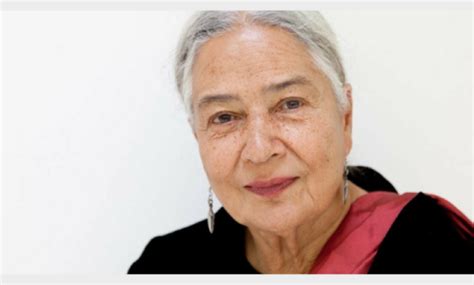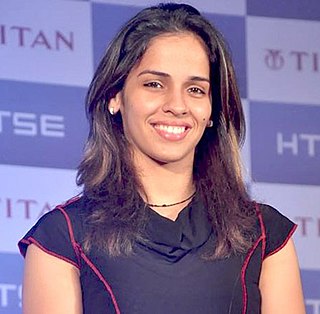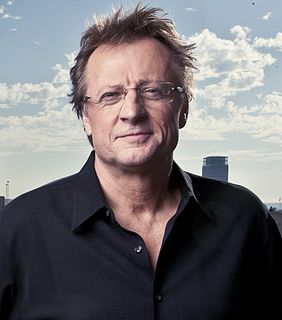A Quote by Daryl Davis
I wanted to visit India because I have always wanted to explore the country. More than that, I have always found the caste system in India identical to the racism in the United States.
Related Quotes
Anyway, what is a country? When people say, "Tell me about India," I say, "Which India?.... The land of poetry and mad rebellion? The one that produces haunting music and exquisite textiles? The one that invented the caste system and celebrates the genocide of Muslims and Sikhs and the lynching of Dalits? The country of dollar billionaires? Or the one in which 800 million live on less than half-a-dollar a day? Which India?"
When I wrote 'Monsoon,' I always imagined the music video being shot in India. The song had so much to do with my time in India with my mother as well as leaving her in India during the monsoon season to visit my family in N.Y. It really was a dream come true when I was given the opportunity to shoot in India.
I want to explore a new place each year, and it can be within India. When I was shooting for 'Mohenjo Daro', I couldn't travel out of the country for two years. But it gave me an opportunity to explore new places within India. I'm sure there are so many places to explore in India, and I would love to go there.
I think in theory, the United States finds it much easier to deal with situations where there is a leading country. You can go to the leaders of that country and say, for example, to India, "There are all these problems in Bangladesh, we really have to do something about it, what do you suggest we can do to work out a common policy?" But when you don't have the equivalent of India, you have to go capital to capital trying to put together a coalition, which is extraordinarily difficult, especially in the Arab world, because of the historic rivalries and branches of Islam.
Many European countries are fascinated with minorities from the United States. They still see this country as a world power and they covet that power...I was approached by a professor once at the Sorbonne in Paris and asked about racism in this country, and when I reflected on racism on the streets of Paris - you know, I'd be considered an Arab there -well, she didn't want to address that...It just goes to show it was easier for Europeans to study racism in the United States than it is from within the belly of the beast.




































